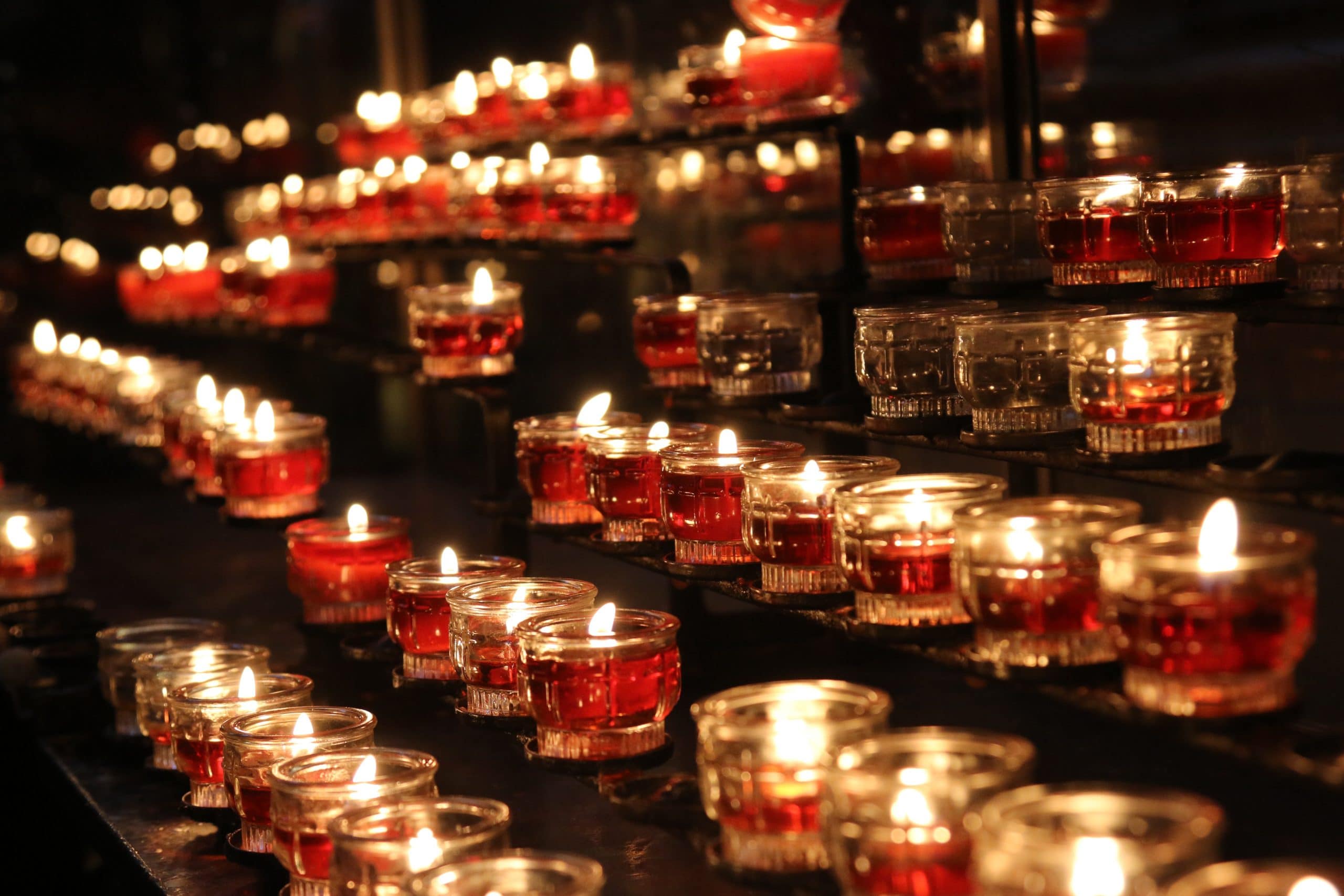People experience trauma on an emotional, spiritual, and physical level.
It can occur with a car accident that leaves a memory hard to shake, a physical ailment that lingers over time, or even a spiritual hurt that festers like an infected wound. Trauma has a lasting impact that continues for weeks, months, and even years after the initial injury. It influences one’s mindset, physical activities, and even one’s spiritual wellbeing impacting one’s future endeavors.
The lasting trauma of the coronavirus pandemic is intense and will continue for years and decades, much like the Great Depression traumatized those who lived through it in the 1930s. This pandemic will forever shape today’s generation’s psychology.
The lasting physical trauma will be seen through a pre-occupation with cleanliness, lasting physical side-effects of the virus, and an increased interest in health and healthcare. The lasting psychological effects can possibly include generalized fear, withdrawal or isolation from society, anxiety, focused priority on lifestyle and security, nightmares, and triggered occasions. The spiritual effects include a possible questioning of the establishment of physical churches, questions about the goodness of God, fear of people, existential questions about death, pain, and suffering, and even spiritual blocks preventing the fullness of life. There are numerous ways coronavirus could possibly affect each person years after the pandemic is over.
We all recognize the psychological effects of the virus. Mental health concerns are on the rise as it takes its rightful place of prominence. Yet I hear very little about the spiritual fallout of the pandemic. The body, mind, and spirit are all connected when trauma occurs. If only the body, or even the body and mind are the focus of healing, healing will never fully occur without the spirit being addressed.
There is an existential crisis that occurs with trauma. For the person alone in a nursing home who has no visitors, the crisis could be, “I want to die. This is no life I want to live. Yet, I do not believe in life after death. I do not want to die. I just want this isolation to end.” For others, the crisis may be, “Nobody cares about us. The government does not care about us. The Church doesn’t care about us. If there is a God, why didn’t he do something? I see no evidence of God in this world.” For others still, the crisis may be as simple as, “Why did God allow my loved one to die?” We each know someone who has said one of the statements above.
When addressing the pandemic’s effects, we must also assess the spiritual component of the lockdown, quarantine, and effects of the trauma from the coronavirus pandemic.
Pastors all across the country are faced with a nightmare of spiritual trauma. They have their hands full trying to heal the emotional and spiritual components of human beings. Yet many pastors are floundering due to the very size and impact of coronavirus. Pastors tend to the spiritual issues of parishioners in their churches, which includes managing anger, quarreling, loss of support of the church, pain, mental illness, contracting COVID-19, isolation, marital problems, fear, financial strain, and death. Many pastors are spiritually struggling themselves as they witness the devastation that can be left from such a cataclysmic event. Every day across the nation pastors, leaders, and churches carry the weight of the spiritual effects of the pandemic. As the pandemic soldiers on in time, so do our pastors, faithful to carry the burden of the Lord during this time. Even years after the pandemic, pastors will still be working to heal the hurt and pain of the pandemic, tending to spirit after spirit and all they can reach.
Pastors are the unsung heroes of the pandemic.
They rose up to the challenge with the shutdown, providing support and care online. Pastors also helped bolster the immediate mental health needs of their congregations by calling, counseling, doing funerals, and providing resources directly and indirectly for mental health. The pastors of America stepped up to work just as hard as any frontline medical staff. They worked longer hours than normal, worked harder, and provided care in ways that were unusual and uncommon for them. Pastors worked to stem the tide of the spiritual trauma which was occurring. They released sermons and individualized teachings aimed at mental health, spiritual questions, and towards helping people regain a sense of normalcy and health. They were successful in what they did. Yet as the pandemic continues to rage on, even the most spiritual and strong men and women of God have difficulty keeping their heads up. Just like the over-worked medical staff, our pastors are exhausted with no end to their work in sight.
Every day reveals a new kind of hero in the pandemic. Today, the heroes I share about are the pastors and spiritual leaders of the church. The pandemic released a wave of health-related trauma which has impacted the body, mind, and spirit. Pastors have been intentionally tending to the spirit, reducing the impact and size of the impact of the pandemic’s trauma.
But the work is not done. If you are a pastor working through this pandemic, keep your head up. The end is coming. If you are a church leader, thank you for your diligence and extra work during this time. If you attend church, pray for your pastor, and thank them. If you are a non-Christian with spiritual thoughts, reach out to a local pastor. They would love to hear from you.
Reality Changing Observations:
- What spiritual impact has the pandemic left on my life?
- What is one area that I struggle with emotionally or spiritually due to the pandemic?
- How can I thank an unsung hero today?





